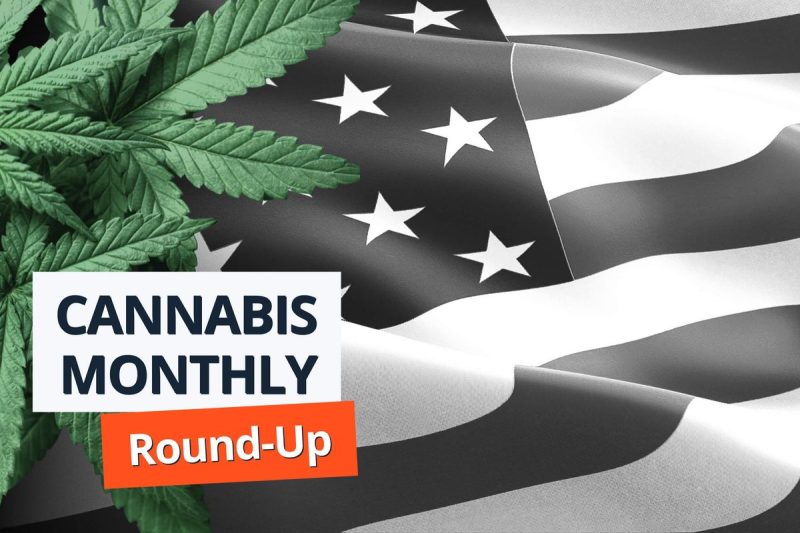In the ever-evolving landscape of cannabis legalization in the United States, recent developments have set the stage for potential federal legalization. Vice President Kamala Harris is poised to advocate for federal legalization, signaling a significant shift in the political landscape surrounding cannabis laws.
The Drug Enforcement Administration (DEA) is currently in the process of selecting witnesses for a rescheduling trial that could have far-reaching implications for the status of cannabis as a controlled substance. This trial has the potential to challenge the existing classification of cannabis under the Controlled Substances Act and pave the way for a more lenient approach to its use and distribution.
The prospect of federal legalization of cannabis has generated widespread interest and debate. Advocates argue that legalizing cannabis at the federal level could create new economic opportunities, generate tax revenue, and reduce the disproportionate impact of drug laws on marginalized communities. On the other hand, opponents raise concerns about potential health risks, increased substance abuse, and the impact on public safety.
Public opinion on cannabis legalization has shifted significantly in recent years, with an increasing number of states legalizing both medical and recreational cannabis. This changing landscape has put pressure on federal lawmakers to address the inconsistencies between state and federal cannabis laws and provide clear guidance on the regulation of this controversial substance.
The push for federal legalization of cannabis comes at a time when the country is grappling with a range of social and economic challenges. Proponents of legalization argue that regulating cannabis at the federal level could help address issues such as criminal justice reform, public health, and economic inequality.
The upcoming rescheduling trial conducted by the DEA will be closely watched by stakeholders on all sides of the debate. The selection of witnesses and the outcome of the trial could have a significant impact on the future of cannabis policy in the United States and shape the direction of legalization efforts at the federal level.
As the debate over cannabis legalization continues to evolve, it is clear that the issue is complex and multifaceted. The upcoming trial and Vice President Harris’ support for federal legalization are indicative of the shifting attitudes towards cannabis in the United States. Whether these developments will lead to meaningful change in federal cannabis policy remains to be seen, but one thing is certain – the debate over cannabis legalization is far from over.
